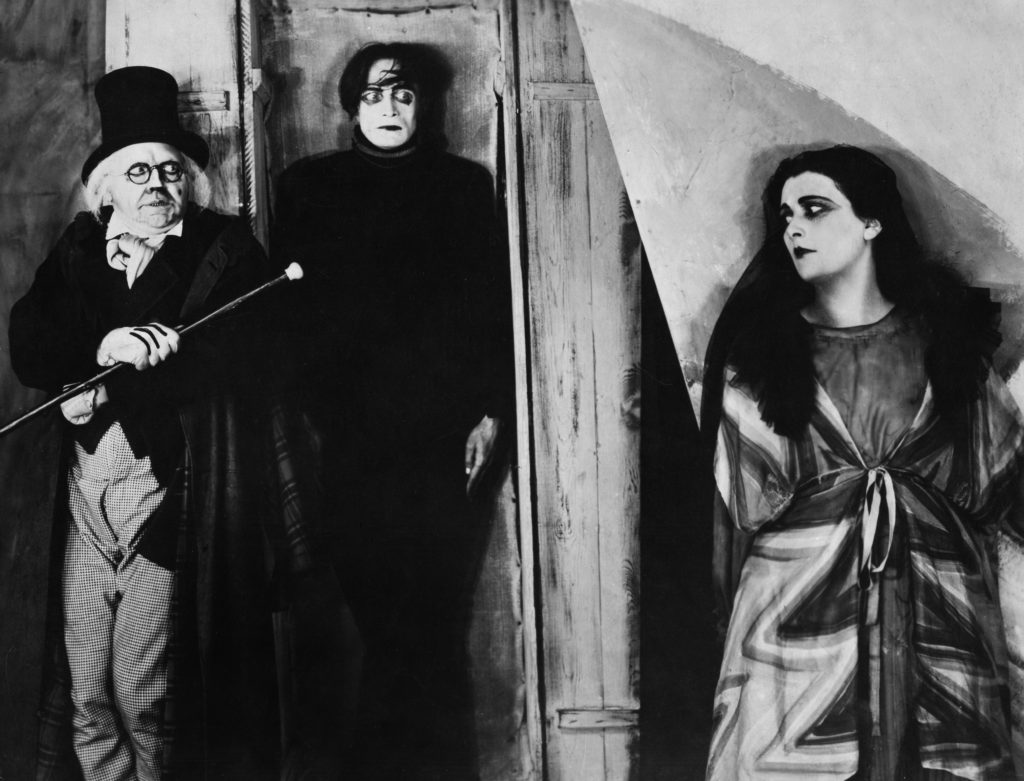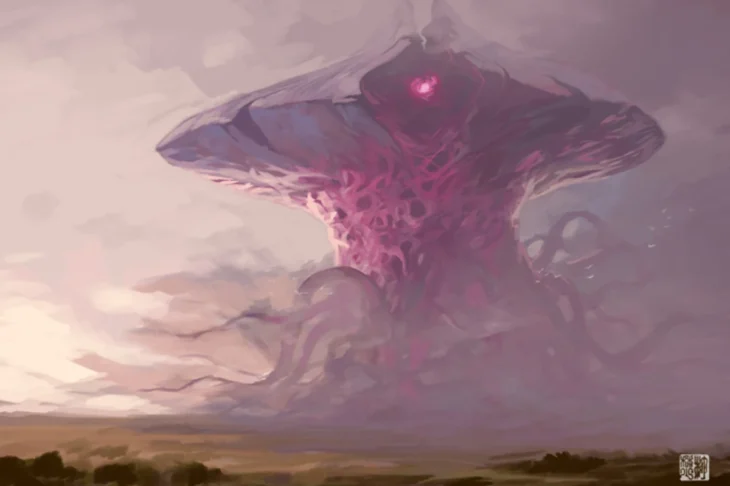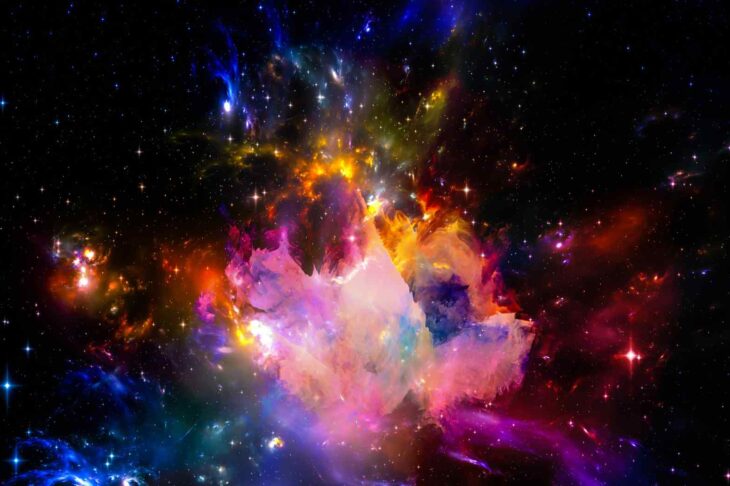
The Influence of Classic Horror Authors on Modern Writing
Horror has always been a genre that has fascinated and captivated readers with its chilling tales of suspense, terror, and the supernatural. While the genre has undergone significant changes over the years, the roots of modern horror can be traced back to classic authors, who laid the foundation for what has become one of the most popular genres in literature.
The influence of classic horror authors is evident in the work of contemporary writers, who have been inspired by their predecessors to create their own tales of horror.
From Stephen King and Ann Rice to Clive Barker and Richard Laymon, many of today’s most celebrated horror writers owe a debt of gratitude to the classic authors who came before them. Their stories have not only stood the test of time, but they continue to inspire and influence new generations of readers and writers alike.
The Pioneers of Horror: Exploring the Works of Edgar Allan Poe

Edgar Allan Poe is widely regarded as one of the pioneers of horror literature, and his influence on the genre cannot be overstated. His stories often explored themes of madness, death, and the supernatural and were ground-breaking at the time. They also helped to establish many of the conventions of horror writing that we still see today.
One of Poe’s most enduring contributions to horror literature is his use of psychological terror. Many of his stories feature characters who are struggling with their own sanity, haunted by the past, or grappling with their mortality. This exploration of the human psyche in the face of terror and horror was a significant departure from the more straightforward horror stories that had come before.
Poe’s use of symbolism and metaphor was also revolutionary. His stories feature richly layered narratives that are open to multiple interpretations. “The Masque of the Red Death,” for example, can be read as a commentary on the inevitability of death, while “The Raven” has been interpreted as a meditation on grief and loss.
Despite his lasting influence on the horror genre, Poe was not always well-received during his lifetime. Many of his stories were considered too dark or disturbing, and his reputation as a writer was overshadowed by his personal struggles and tragic life.
Despite this, Poe’s legacy as a pioneer of horror literature is secure, and his stories continue to inspire and influence writers today. From the psychological terror of “The Tell-Tale Heart” to the haunting imagery of “The Pit and the Pendulum,” his stories remain a testament to the enduring power of horror literature.
Lovecraftian Influence: The Cosmic Horror of H.P. Lovecraft

H.P. Lovecraft is another classic horror author whose influence on the genre is difficult to overstate. Lovecraft’s stories are known for their exploration of cosmic horror, a subgenre that emphasizes the insignificance of human existence in the face of a vast and indifferent universe.
Lovecraft’s writing often features monstrous entities from beyond our world, ancient gods, and otherworldly dimensions that exist beyond our perception. His stories are filled with eldritch horrors that are outside human comprehension, and his characters generally find themselves driven to madness by their encounters with these ineffable entities.
Lovecraft’s influence can be seen in the work of many contemporary horror writers, including Stephen King, who has cited the classic author as one of his major influences. Lovecraft’s creation of a fictional universe, known as the “Cthulhu Mythos,” has also been expanded upon by many writers, creating a shared universe of cosmic horror that has continued to evolve over the years.
One of Lovecraft’s most famous stories, “The Call of Cthulhu,” features a monstrous entity that has been worshipped by a secret cult for thousands of years. The story’s portrayal of a vast and ancient universe filled with monstrous beings has continued to captivate readers and inspire other writers to explore similar themes of cosmic horror.
Despite the controversy surrounding Lovecraft’s personal beliefs and his use of racial and ethnic stereotypes in some of his stories, his influence on the horror genre is undeniable. His stories continue to inspire writers today, and his creation of a shared universe of cosmic horror has opened up new possibilities for writers to explore the unknown and the unfathomable.
The Gothic Tradition: Mary Shelley and Bram Stoker
The Gothic tradition, which emerged in the 18th century, has had a profound impact on horror literature. It is a subgenre of horror that is characterized by its use of atmospheric settings, complex and often tortured characters, and supernatural elements.
Two of the most prominent figures in the Gothic tradition are Mary Shelley and Bram Stoker, whose works continue to be regarded as classics of horror literature.
Shelley’s novel Frankenstein, first published in 1818, is widely regarded as one of the earliest examples of science fiction and has had a lasting impact on the horror genre too. The story of a scientist who creates a living being from dead body parts has become a cultural touchstone and has been adapted into countless films and other media over the years. The novel’s exploration of the relationship between creator and creation, and the consequences of playing God, has al continued to resonate with readers and writers alike.
Stoker’s novel Dracula, first published in 1897, is another classic of the Gothic tradition. The story of a vampire who preys on the living has become a cultural icon and has inspired countless adaptations in film, television, and literature. Stoker’s use of diary entries, letters, and other forms of epistolary writing has also had a lasting impact on the horror genre, and his portrayal of the vampire as a charismatic and seductive figure has become a defining characteristic of the genre.
Both Shelley and Stoker’s works continue to be celebrated for their contributions to the Gothic tradition and their influence on the horror genre as a whole. From Shelley’s exploration of the consequences of scientific progress to Stoker’s portrayal of the seductive power of the vampire, their works continue to inspire and influence writers today.
The Psychological Thrillers of Shirley Jackson and Daphne du Maurier
While horror literature is often associated with ghosts, monsters, and other supernatural elements, some of the most effective horror stories are those that explore the darker corners of the human psyche. Two authors who are known for their psychological thrillers are Shirley Jackson and Daphne du Maurier.
Jackson’s most famous work, The Haunting of Hill House, is a masterful example of psychological horror. The novel follows a group of people who spend a summer in a haunted house, and their gradual descent into madness and terror. Jackson’s skilful portrayal of the characters’ fragile mental states and her use of unreliable narration creates an atmosphere of tension and unease that is both subtle and powerful.
Du Maurier’s novel Rebecca, first published in 1938, is another classic of psychological horror. The novel’s protagonist, who is never named, marries a wealthy widower and moves into his sprawling estate, only to be haunted by the memory of his deceased wife, Rebecca. Du Maurier’s portrayal of the protagonist’s obsession with Rebecca and her own feelings of inadequacy and insecurity create a sense of unease and foreboding that lingers throughout the novel.
Both Jackson and du Maurier’s works have had a lasting impact on the horror genre, and their exploration of the human psyche has inspired countless writers to explore similar themes. From Jackson’s use of unreliable narration to du Maurier’s exploration of obsession and insecurity, their works continue to be celebrated for their contributions to the genre of psychological horror.
Stephen King: The Reigning King of Horror
No discussion of horror literature would be complete without mentioning the work of Stephen King. With over 60 novels and 200 short stories to his name, King is one of the most prolific and influential horror writers of all time. His work has been adapted into numerous films, television shows, and other media, cementing his place in the popular imagination as the master of horror.
King’s early works, such as Carrie and The Shining, are widely regarded as classics of the genre, and his more recent works, including The Outsider and The Institute, have continued to capture the imaginations of readers around the world.
One of the reasons for King’s enduring popularity is his ability to tap into the fears and anxieties of his readers. His stories often feature ordinary people in extraordinary situations, facing off against supernatural or otherworldly forces. His characters are complex and relatable, and his writing style is both vivid and accessible, making his work accessible to a wide range of readers.
King’s influence on the horror genre certainly cannot be overstated. His works have inspired countless writers and filmmakers, and his contribution to the genre has been recognized with numerous awards, including the Bram Stoker Award and the World Fantasy Award. As the reigning king of horror, King’s legacy continues to grow, and his work remains an essential part of the horror canon.
Contemporary Writers and Their Debt to Classic Horror Authors
While classic horror authors continue to be celebrated for their contributions to the genre, contemporary writers have also been heavily influenced by their work. From the use of atmospheric settings to the exploration of the darker aspects of human nature, classic horror authors have had a profound impact on modern horror literature.
One author who has been heavily influenced by classic horror is Neil Gaiman. Gaiman’s work often features elements of the supernatural and the otherworldly, and his writing style is characterized by a sense of whimsy and wonder that is reminiscent of classic horror authors such as Lovecraft and Poe.
Another author who has been influenced by classic horror is Joe Hill, the son of Stephen King. Hill’s work often explores the darker corners of human nature, and his use of vivid, descriptive language creates a sense of atmosphere and tension that is reminiscent of classic horror literature.
Yet another author who has been influenced by classic horror is Sarah Waters. Waters’ novels, such as The Little Stranger and The Paying Guests, are set in atmospheric, Gothic settings, and her exploration of the supernatural and the uncanny has been compared to the works of classic horror authors such as Shirley Jackson and Daphne du Maurier.
These are just a few examples of contemporary writers who have been influenced by classic horror authors. Their debt to the genre is evident in their work, and their contributions to the horror genre continue to be celebrated by readers and critics alike. By building on the foundation laid by classic horror authors, these writers have helped to ensure that the horror genre remains vibrant and relevant in the modern era.
How Classic Horror Continues to Shape Modern Writing

Despite the passage of time and the evolution of the horror genre, the works of classic horror authors continue to exert a powerful influence on modern writing. From the Gothic atmospheres of Mary Shelley and Bram Stoker to the cosmic horrors of H.P. Lovecraft, the legacy of classic horror can be seen in the work of countless writers across a variety of genres.
One way in which classic horror continues to shape modern writing is through its use of atmosphere and setting. Classic horror authors were masters at creating moody, atmospheric settings that were both evocative and unsettling. From the desolate landscapes of Lovecraft’s stories to the crumbling castles of Stoker’s Dracula, these settings became an integral part of the horror genre and continue to be used by contemporary writers.
Another way in which classic horror continues to shape modern writing is through its exploration of the darker aspects of human nature. Classic horror literature often featured characters who were struggling with their own inner demons, and their journeys into darkness and madness remain a staple of modern horror fiction. By exploring the complexities of the human psyche, contemporary writers are able to create characters that are both relatable and terrifying.
Perhaps most importantly, classic horror continues to shape modern writing by inspiring new generations of writers. The works of classic horror authors have served as a springboard for countless writers, providing a rich and fertile ground for new ideas and innovations. By building on the foundation laid by classic horror authors, modern writers are able to push the genre forward and keep it relevant in the 21st century
Conclusion: Celebrating the Timeless Power of Horror Literature
Horror literature has always had a special place in the hearts of readers. Its ability to provoke fear and unease has captivated audiences for centuries, and its influence can be seen in everything from classic literature to modern pop culture. While the genre has evolved over time, one thing remains constant: the enduring legacy of classic horror authors.
From the pioneering works of Edgar Allan Poe to the cosmic horrors of H.P. Lovecraft, classic horror authors continue to inspire and captivate readers today. Their contributions to the genre have helped to shape it into the vibrant and diverse landscape that we see today, and their influence can be seen in the work of countless writers across a variety of genres.
But the power of horror literature extends beyond its ability to scare and unsettle. At its core, horror literature is a reflection of the human condition, exploring our deepest fears and desires, our hopes and our struggles. It is a reminder of our mortality, a celebration of our resilience, and a testament to the human spirit.
As readers, we have the privilege of experiencing these emotions and ideas through the works of classic horror authors and contemporary writers alike. We are able to explore the darker corners of our own psyches and the world around us, all while being safely nestled within the pages of a book.
In this way, horror literature is more than just a genre of entertainment. It is a celebration of the human experience, a testament to the timeless power of storytelling, and a reminder of our own humanity. So let us continue to celebrate the works of classic horror authors, to embrace the new voices that emerge from within the genre, and to revel in the timeless power of horror literature.
As always, leave your comments and ideas below. Want to write something for the Rules of Gruesome? Follow this link into the darkness.


